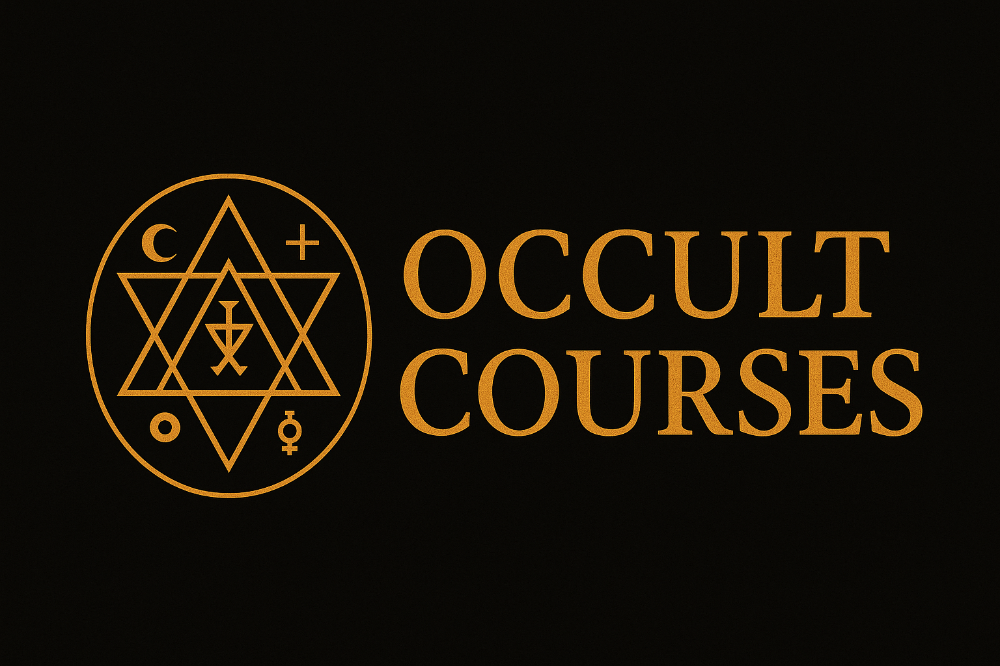Beelzebub - Lord of The Flies?

Beelzebub - Lord of The Flies?
Beelzebub, often referred to as the "Lord of the Flies" or "Prince of Demons," is a well-known figure in various religious and cultural traditions. This article aims to provide a comprehensive overview of the origins, mythology, and historical significance of Beelzebub, as well as shedding light on its various interpretations throughout history.
The Etymology of Beelzebub
The term "Beelzebub" is derived from the Hebrew word Ba'al Zebûb, which translates to "Lord of the Flies." In ancient Canaanite religion, Ba'al was a title used to denote a god or a deity, while Zebûb was associated with flies, which were believed to be a symbol of decay and death. That is the most common understanding of his name, but I discuss in my book, Beelzebub - A History as to why I don't think Beelzebub is an actual name but rather an insult to Baal.
Beelzebub in the Hebrew Bible
Beelzebub appears in the Hebrew Bible as a Philistine deity, worshipped in the city of Ekron (2 Kings 1:2-3, 6, 16). In this context, the Israelite King Ahaziah sought advice from Beelzebub after suffering a severe injury. The prophet Elijah rebuked Ahaziah for seeking guidance from a foreign deity instead of the God of Israel.
Beelzebub in Christianity
In the Christian tradition, Beelzebub is often associated with Satan or considered as one of the chief demons. The New Testament mentions Beelzebub multiple times, mostly in the context of Jesus casting out demons and performing exorcisms.
Beelzebub in the Gospels
In the Gospels, Jesus is accused of driving out demons by the power of Beelzebub (Matthew 12:22-32, Mark 3:22-30, Luke 11:14-26). Jesus refutes this accusation, arguing that a divided kingdom cannot stand, and therefore, it would be illogical for Satan to drive out his own demons. This passage highlights the association of Beelzebub with demonic powers and the broader theme of spiritual warfare in the New Testament.
Beelzebub in Later Christian Thought
In later Christian thought, Beelzebub's role as a high-ranking demon became more pronounced. Various theologians and scholars, such as St. Augustine and Thomas Aquinas, discussed Beelzebub's position in the hierarchy of Hell. The demon was often regarded as one of the seven princes of Hell, each representing one of the seven deadly sins. Beelzebub is usually associated with the sin of gluttony.
Beelzebub in Popular Culture
Beelzebub has been a popular figure in literature, art, and entertainment, often appearing as a powerful demonic force or a symbol of evil. Some notable examples of Beelzebub's appearances in popular culture include:
John Milton's Paradise Lost
In John Milton's epic poem Paradise Lost, Beelzebub is portrayed as a high-ranking fallen angel and one of the leading figures in Satan's rebellion against God. As Satan's second-in-command, Beelzebub plays a crucial role in the temptation of Adam and Eve, ultimately leading to the fall of humanity.
Lord of the Flies
In William Golding's novel Lord of the Flies, the character of Beelzebub is symbolically represented by a severed pig's head on a stick. This gruesome image becomes a powerful symbol of the inherent savagery and chaos that lie within human nature as the stranded boys on the island descend into violence and brutality.
I go into much greater detail in my book, Beelzebub - A History.

